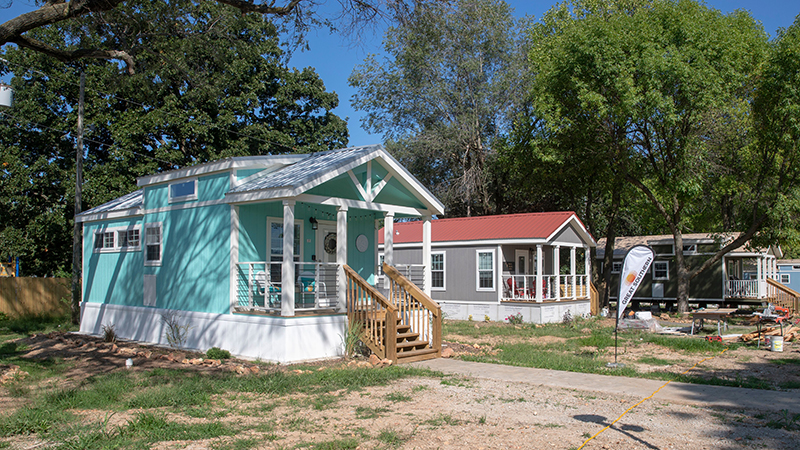To connect local practitioners, community members, nonprofits, students and researchers on themes around poverty, the Center for Ozarks Poverty Research (COPR) at Missouri State University presents its first-ever free Community Conference on Poverty.
Themed, “Housing, Homelessness and Families,” the conference takes place from 9 a.m.-3 p.m. April 26 in Hill Hall, Room 001. It will explore housing as a complex issue, covering topics like affordability, homelessness, homeownership, low-quality housing, neighborhood development and community unity.
“One of the goals of this conference is to connect with the community and present our research because the problems we’re looking at require a bigger discussion that involves more people in the community,” said Dr. Marnie Watson, associate professor of anthropology and co-organizer of the conference.
“We also want to recognize that a lot of agencies are already working on these issues, and we want them to know we’re a resource and are interested in hearing what they have to say.”
Some highlights
The opening keynote will feature Emily Fessler from Community Partnership of the Ozarks (CPO). Fessler is CPO’s Continuum of Care coordinator and an MSU alumna.
A group of Reynolds College of Arts, Social Sciences and Humanities students involved with The Springfield Way Internship Program (SWIP) will also present.
SWIP connects students with community partners for meaningful internship opportunities.
“The students will share their experiences interning at various nonprofits in the community focused on housing issues,” said Watson.
Additionally, there will be poverty simulations, as well as panel discussions involving people with housing concerns and leaders from nonprofits like Habitat for Humanity.
To attend the conference, register online.
About COPR
Watson partnered with two of her co-workers in the sociology, anthropology and gerontology department to form COPR in 2022. They are associate professor of anthropology Dr. Erin Kenny and sociologist Christina Ryder.
“When we talked about all our different research, we found many overlaps,” Watson said. “So, we decided to start something together to combine forces.”
The COPR includes undergraduate students in grounded, empirical social science research opportunities and fosters quality of life and appreciation of Ozarks experiences.
The center is a resource for nonprofits in the community to access faculty with specific areas of expertise surrounding things that are poverty-related — for consultation or research.

